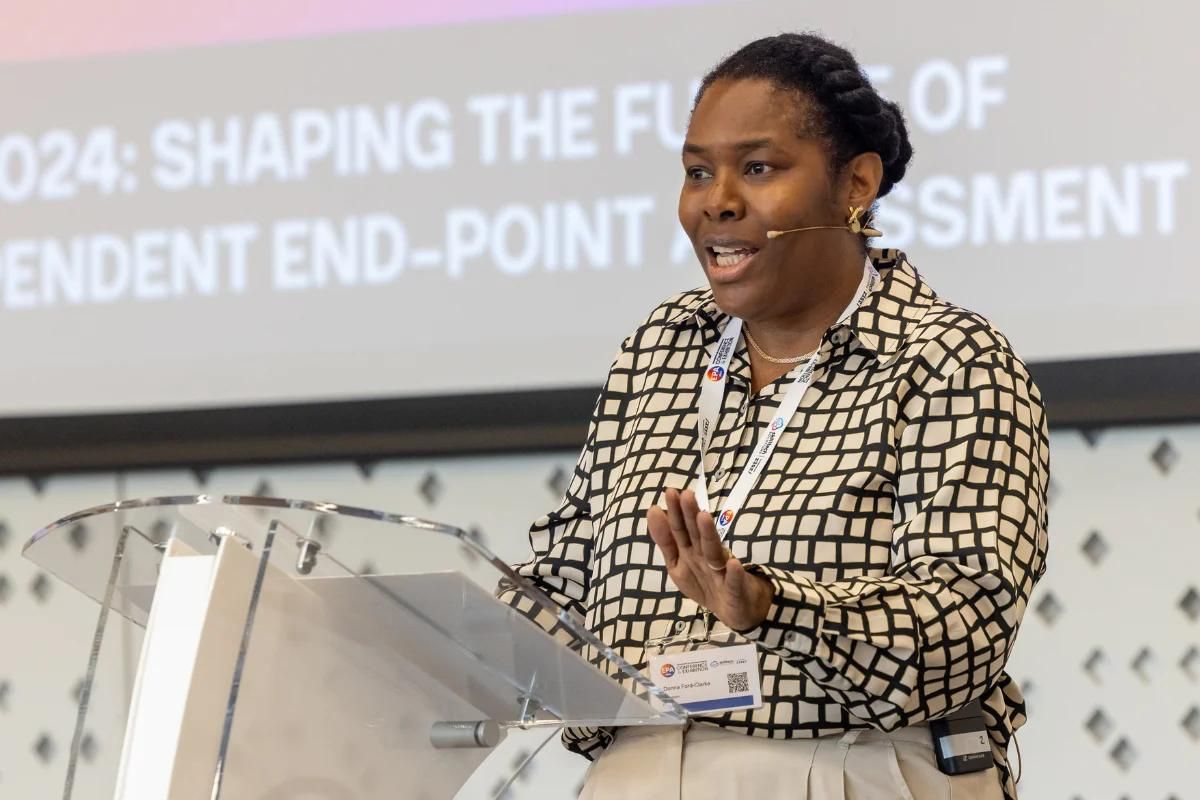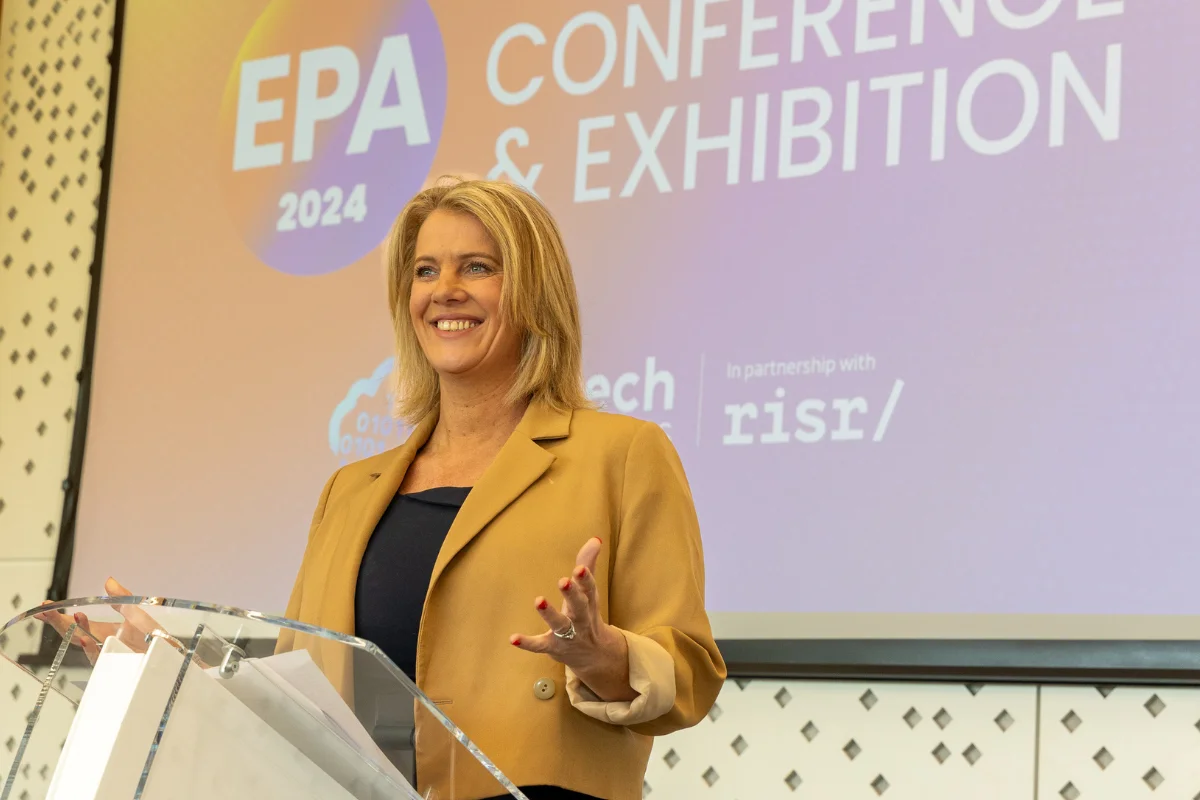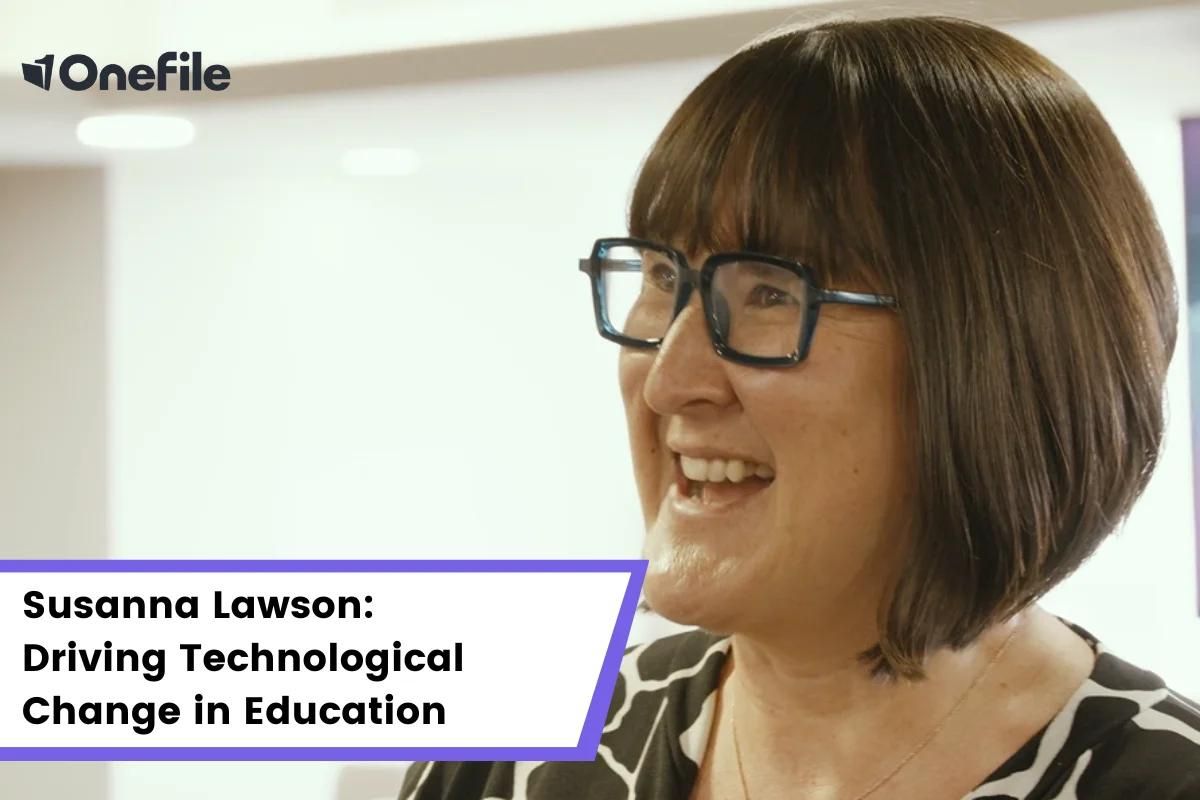Leading the way – Future Teaching Scholars celebrate the future of maths and science teaching

On 6 and 7 September, a major conference held in Nottingham hosted some of the brightest Maths and Physics students from English universities as part of an annual celebration of future teaching talent. The students, who were all part of the Future Teaching Scholars programme, were spotted as some of the most talented and are now being supported through their time at university to become the much-needed teachers of tomorrow.
The DfE has targeted recruiting teachers in priority subjects, including Science, Technology, Engineering and Maths (STEM), by offering bursaries of and scholarships to those entering the teaching profession. The Future Teaching Scholars programme works to address this by identifying exceptional A level students studying Maths and Physics and supporting them through a six-year programme into teaching in England.
Funded by the Department for Education, and run by Education Development Trust, scholars benefit from a £15,000 grant whilst they study Maths or Physics at university. Scholars also benefit from in-school experiences and training and support from Regional Training Centres such as Bishop Challoner Catholic College in Birmingham. The Future Teaching Scholars programme ultimately ensures that more children learn from confident, knowledgeable and highly skilled teachers with a passion for STEM subjects.
Toby Simpson from Lincoln, who is studying Maths at Birmingham University, said:
“Teaching was always an interest of mine, and the programme seemed pretty dynamic. I was sold on doing a maths degree and becoming a teacher.
“Being a scholar and student at the same time really enhances the university experience. It’s just so different to the rest of the maths teaching. It teaches you independence to do something that makes a difference.”
Scholars attended a two-day gathering in Nottingham, bringing together future teachers from across the country to learn the crucial skills needed to become highly skilled quality teachers, such as how to make Mathematics more engaging, conflict resolution and how to manage behaviour in the classroom.
Emily Giubertoni from the Bishop Challoner Regional Training Centre in Birmingham, who also ran a popular behaviour management and conflict resolution session at the conference, said:
“Future Teaching Scholars programme participants are particularly unique. Most of them start age 18 or 19 and so have real energy. It’s really inspirational to see the journey they go through – moving from shaking for five minutes when they start, right through to leading a Maths or Science class at the age of 20.
“The programme is amazingly rich for people who are teaching as well, they can share their expertise and their experience. At Bishop Challoner, we’ve used it as a tool for teachers to develop themselves and go beyond the classroom.”
About Future Teaching Scholars:
- The DfE funded Future Teaching Scholars (FTS) programme identifies exceptional A level students studying Maths and Physics, and supports them through a six-year programme into teaching.
- Through a £15,000 grant, in-school placements and support from several regional training centres, the programme supports a high performing group of Scholars to become much-needed high quality Maths and Physics teachers.
- By identifying talent early, the programme inspires A level students to work towards teaching as a first-choice career.
About Education Development Trust: We have been transforming lives around the world by improving education for 50 years. Whether we are working with governments on national educational reform or directly with clusters of schools to effect positive change, our specialist knowledge means we design and deliver effective, far-reaching, sustainable education solutions tailored to the local context.
We invest annually in our programme of educational research because it matters to us that policymakers make informed decisions and that teachers benefit from the latest best practice. Our research underpins our work and we are passionate about being part of the education debate.











Responses